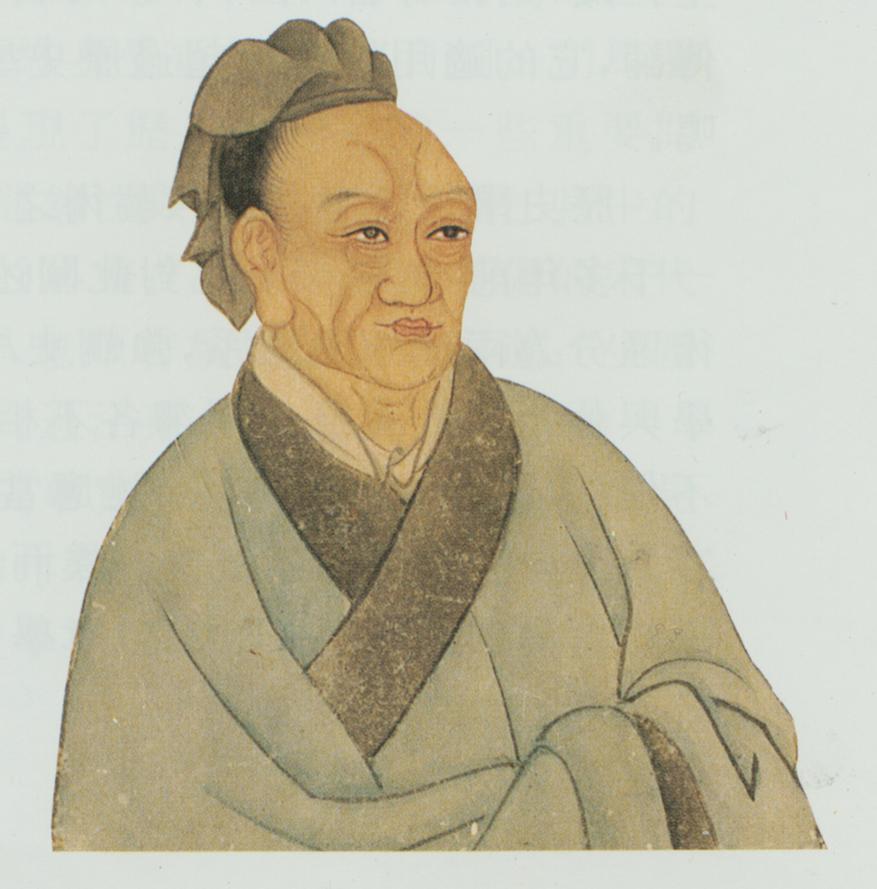translated by Tsai-fa Cheng, Zongli Lu, William H. Nienhauser, Jr., and Robert Reynolds, in The Grand Scribe’s Records, edited by William H. Nienhauser, Jr.
孫子吳起列傳 https://zh.wikisource.org/wiki/%E5%8F%B2%E8%A8%98/%E5%8D%B7065
Records of the Grand Historian
Sima Qian: Citations en anglais
translation by Burton Watson
I once traveled west to Mount K’ung-t'ung and passed Cho-lu [Mountain] in the north; to the east I drifted along the coast, and to the south I floated over the Huai River and the Chiang. Wherever I went, all of the village elders would point out for me sites of The Huang-ti, Yao and Shun. The traditions were certainly very different from each other. In sum, [those accounts of the elders] which were not far from the ancient-text versions [of the classics], tend to be plausible.
translated by Tsai-fa Cheng, Zongli Lu, William H. Nienhauser, Jr., and Robert Reynolds, in The Grand Scribe’s Records, edited by William H. Nienhauser, Jr.
五帝本紀 https://zh.wikisource.org/wiki/%E5%8F%B2%E8%A8%98/%E5%8D%B7001
Records of the Grand Historian
“There is no fixed road to wealth, and money has no permanent master.”
Records of the Grand Historian
Source: Translated by Burton Watson. Shiji 129: The Biographies of the Money-makers.
